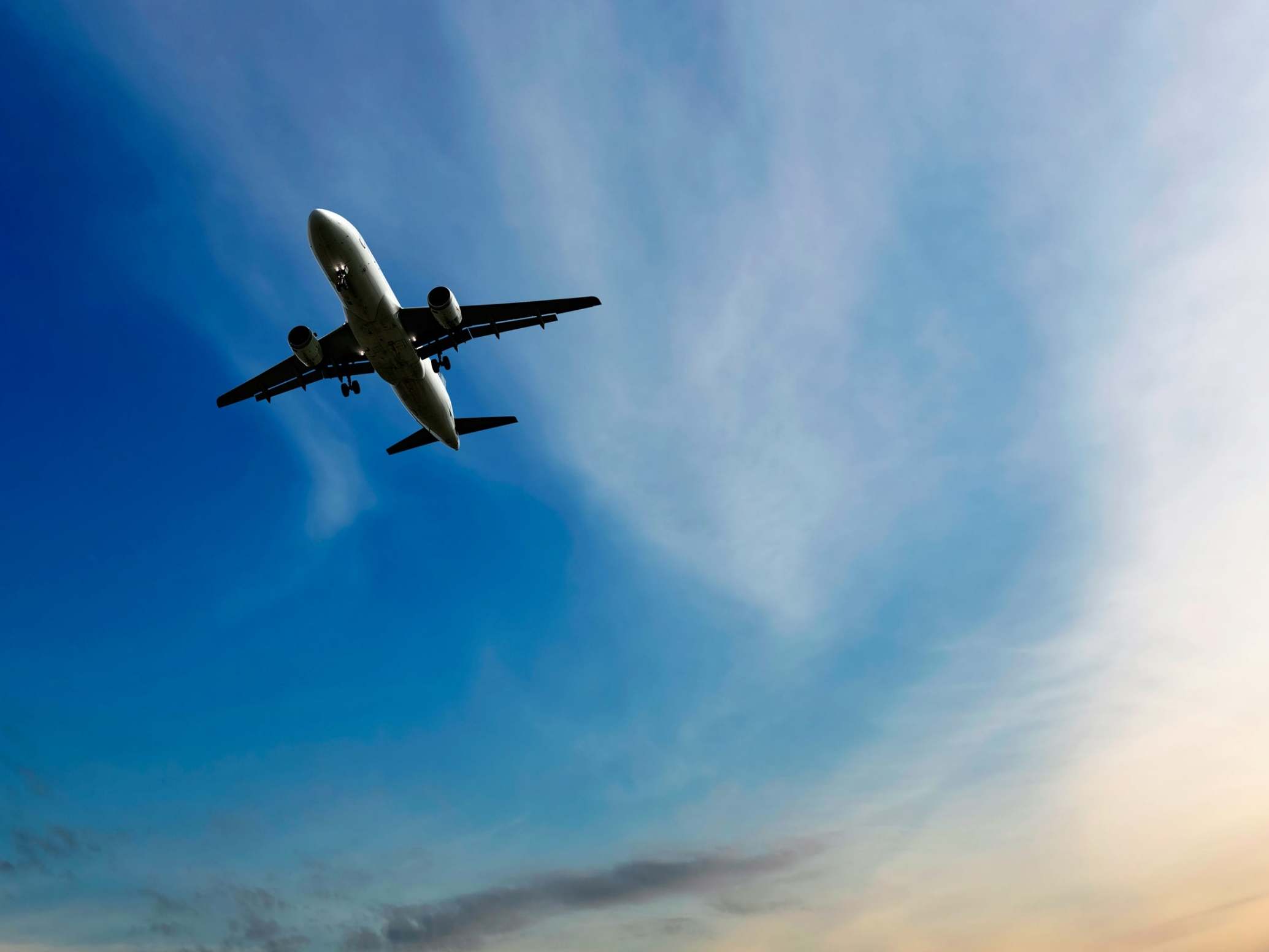Coronavirus to cause air travel demand to slump for first time since financial crisis
There will be a 4.7 per cent drop in global demand this year, says Iata

Coronavirus will cause a drop in global demand for air travel this year, marking the first overall contraction since the financial crisis of 2008-2009, according to the aviation trade body.
A forecast from Iata predicts a 4.7 per cent contraction in global demand for 2020, which represents a $29.3bn (£22.6bn) slump in airline revenue.
Air traffic has fallen in the wake of the coronavirus outbreak, which originated in the central Chinese city of Wuhan in December. Data from Cirium says that 200,000 flights have been cancelled to, from and within China since the outbreak began – an 80 per cent drop.
According to Iata, the impact of the deadly flu-like virus will be felt most strongly in Asia-Pacific, which will see a 13 per cent drop in passengers this year. That equals a $27.8bn drop in revenue for airlines in the region, with $12.8bn lost in China alone.
These estimates are based on a similar scenario to the impact of the Sars outbreak of 2003 on global air travel demand, when there was a sharp six-month decline followed by a quick recovery.
The forecast also assumes that the impact of the coronavirus, officially Covid-19, remains in China. Iata admits that if the outbreak spreads more widely across Asia, the impact on the aviation industry would be more severe.
Airports around the world have unveiled added screening procedures, including temperature checks and symptom questionnaires for passengers arriving from Asia.
“These are challenging times for the global air transport industry,” said Alexandre de Juniac, Iata director general and CEO.
“Stopping the spread of the virus is the top priority. Airlines are following the guidance of the World Health Organization (WHO) and other public health authorities to keep passengers safe, the world connected, and the virus contained.
“The sharp downturn in demand as a result of Covid-19 will have a financial impact on airlines – severe for those particularly exposed to the China market.
“Airlines are making difficult decisions to cut capacity and in some cases routes. Lower fuel costs will help offset some of the lost revenue. This will be a very tough year for airlines.”
Dr David Powell, medical advisor at Iata, advises passengers: “If you are sick, don’t travel. If you have flu-like symptoms, wear a mask and see a doctor. And when you travel wash your hands frequently and don’t touch your face.
“Observing these simple measures should keep flying safe for all.”
Join our commenting forum
Join thought-provoking conversations, follow other Independent readers and see their replies
Comments